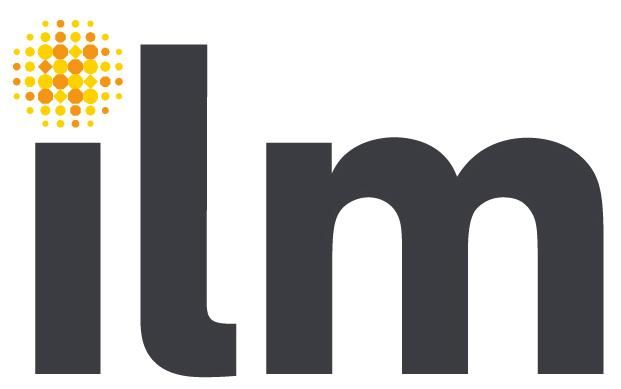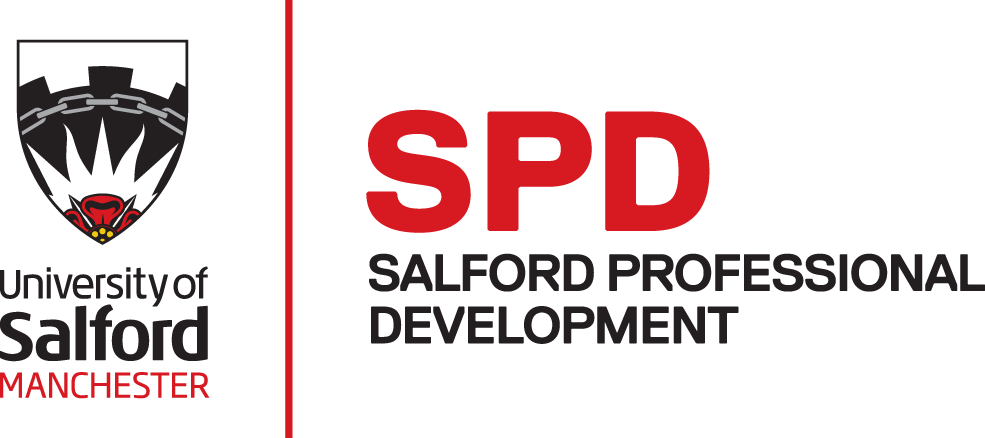ILM Level 7 in Coaching and Mentoring (Diploma Programme)
Course Overview
The Institute of Leadership and Management accredited Level 7 in Coaching and Mentoring Diploma Level is designed for senior leaders and aspiring leaders who regularly coach and mentor workforces at a senior level.
This training course will enhance your skills and capabilities as a senior manager to increase leadership and organisation-wide engagement through a culture built around coaching and mentoring.
By focusing on increasing effective communication skills, emotional intelligence and interpersonal skills to manage teams, this course is great to help take your workforce to the next level, build a great workplace culture, attract new talent and overcome any future challenges.

At a glance
- What is coaching, and the differences between coaching and mentoring?
- The benefits of coaching for you and your organisation.
- The skills and attributes of a safe, effective coach.
- Understand and apply to underpin psychological concepts that support coaching, including Neurological Levels, NLP and Transactional Analysis.
- How to begin a coaching conversation, apply effective models such as GROW, OSKAR and SUCCESS and ask effective coaching questions.
- Hold professional standard coaching and mentoring conversations in a safe, supervised environment, and receive feedback.
- Identification of when coaching is and is not an appropriate approach.
- Understand the coaching process, and how to use key models to hold both formal and informal coaching conversations (and consider the spectrum in between).
- Build, develop and lead high performing teams. Consider how to develop people in line with the performance management process and values of own organisation.
- Apply coaching strategies to create a culture of innovation and excellence. Develop high-performance initiatives for own teams.
- Consider motivational strategies and learn how to coach and mentor team members with varying abilities and potential.
- Examine how to use coaching conversations to develop individual professional goals and career plans with team members to enhance motivation levels.
- Identify how to integrate coaching and mentoring into your leadership approach to support the needs and objectives of the business; informal development and the art of ‘Curb-side Coaching’ leading to the development of a coaching culture.
- Develop a real-world business case for innovative coaching and mentoring application within your own organisation
- Learn and apply supervision best practices in order to provide Formative, Normative and Restorative supervision support to other coaches and mentors in the organisation, at any level.
- Understand good practice in the evaluation of coaching and mentoring, including cutting edge methodology in measuring ROI.
- Develop a set of coaching tools that can be utilised in different situations.
- Practice real-world management coaching and mentoring, and supervision conversations, in a safe and supervised environment.
- Review of learning and interim coaching practice.
- Sharing of best practice stories, successes and barriers faced.
- Using a coaching style of management, increasing ownership and accountability.
- Using coaching to enhance performance and raise awareness.
- Using coaching/mentoring to develop potential and performance.
- Using coaching to help move people through change.
- Creating a coaching culture – benefits, costs, and strategy.
- Benefits of coaching and mentoring for individuals, managers and the organisation.
- Potential individual, operation and organisational barriers and strategies to minimise or overcome them.
- Heron’s Interventions.
- Matching your style to the needs of the client.
- Develop your personal profile to position yourself as an effective executive coach or mentor.
- Co-supervised coaching sessions: Coaching, being coached and providing feedback.
Benefits for individuals include:
- Powerful, inspirational communication skills, developing listening and questioning skills.
- Generates increased openness to opportunities for personal learning and development.
- Ability to create targeted performance improvements for self, individuals, teams and businesses.
- Develop the ability to support others through change, and become resilient when challenged.
- Develop self-awareness and improve leadership capability.
Benefits for the organisation include:
- Demonstrates commitment to individuals and their development.
- Higher organisational performance and productivity.
- Facilitates the adoption of a new culture or management change.
- Supports cost reduction and business growth.
Rebecca Collins
Rebecca Collins is an honorary fellow of the University of Salford Business School.
She is a chartered member of CIPD and holds an MSC in Leadership & Organisational Change and a Post Graduate qualification in Organisation Design & Development. Rebecca has been working as an accredited CMI and ILM Leadership and coaching tutor for over 10 years and is working with the University to develop successful bespoke deliveries of courses to meet specific business needs across a diverse range of sectors from healthcare to construction.
Prior to her tutoring career, Rebecca held several organisational design and people-focused roles including Head of Diversity at West Yorkshire Police and an Organisational Development Manager role within a Healthcare Trust.

On-campus Training
Salford Professional Development training facilities is located in Greater Manchester, just outside the city centre on The University of Salford campus at Adelphi House.
If you prefer face-to-face learning methods, receive personal one-to-one support from expert tutors and enjoy networking with like-minded professionals, our on-campus training cohorts may be the best option for you.
Online Classroom
This programme offers virtual classroom learning dates to best suit those who have busy work/life schedule, are located outside of the United Kingdom or outside of the Northwest of the UK area and prefer online learning methods and networking.
In-House and Tailored Training
Our in-house and bespoke training options are perfect for organisations who are looking to upskill a group of professionals and prefer to have the training delivered on site from their location. We also offer the option to tailor course content to match the groups real life experiences they will face in their role and industry.
